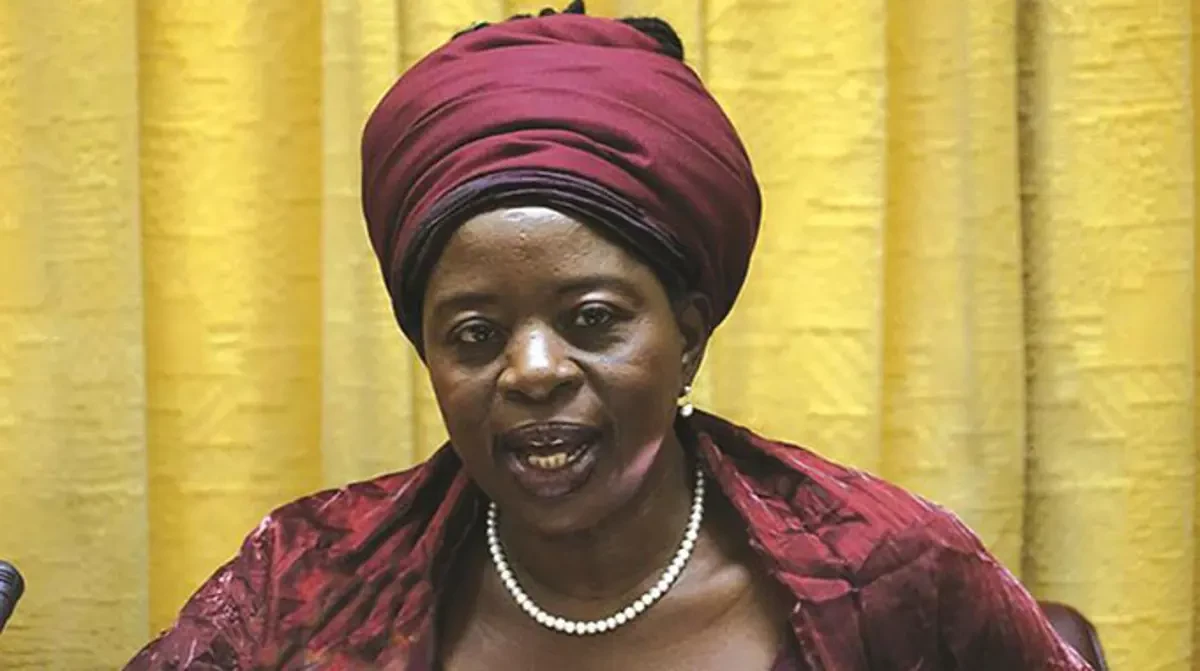
GOVERNMENT has crafted a five-year roadmap aimed at reducing fertiliser imports.
Industry and Commerce minister Sekai Nzenza said the country had spent US$662 million on fertiliser imports in the past seven years.
“What bleeds my heart is the huge import bill on fertiliser, with the country having spent nearly US$662 million on fertiliser imports in the past seven years, with the country’s demand for fertiliser in a normal farming season standing at around 600 000 tonnes,” Nzenza said during a meeting held in Kwekwe on Wednesday.
Chemplex Corporation, through Zimphos, has put up a blending plant and work is in progress to finish installation of a granulation plant.
On completion, the two plants will have production capacities of 10 000 tonnes and 15 000 tonnes per month, respectively.
The continued reliance on imports compounded by the geo-political tensions in Eastern Europe has pushed the price of fertiliser through the roof.
A bag of fertiliser is being sold at an estimated US$70, a figure beyond the reach of many ordinary farmers.
Nzenza added: “Promotion of local production is key to the overall stabilisation of our economy, as a tool to fight inflation, save the much-needed foreign currency, and promote the industrialisation agenda and ultimately employment creation.
- Financial inclusion critical for African agriculture success
- Industry cries foul over new export surrender requirements
- Real estate key enabler of economic activity: Nzenza
- Economic situation worries Japan
Keep Reading
“I am happy that our local industry is already benefiting from this deliberate policy thrust as capacity utilisation continues on an upward trend, now at 66%. In addition, shelf-space occupancy by local products is on the rise growing from as little as 30% to the current level of more than 75%.”
Follow us on Twitter @NewsDayZimbabwe










